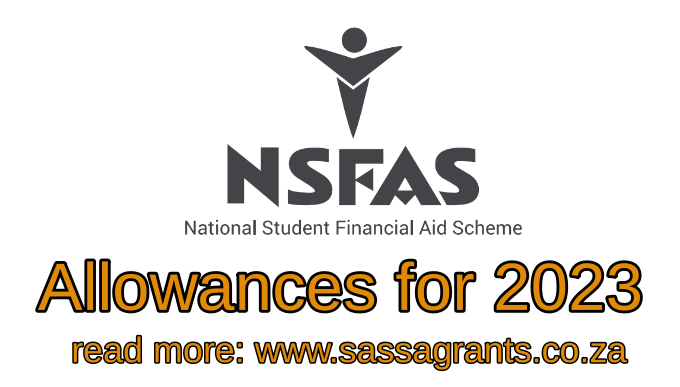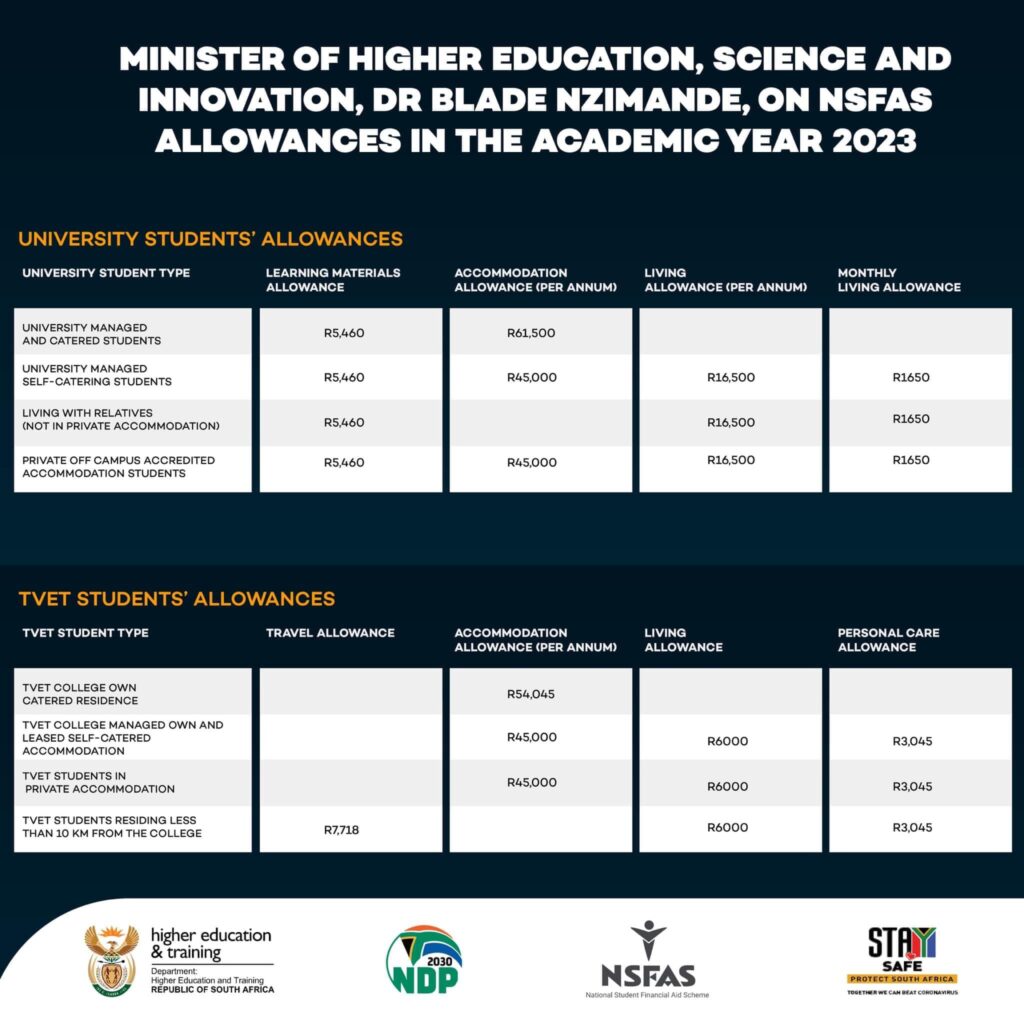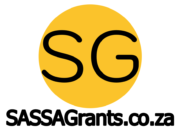NSFAS Introduces New Pass Criteria and List of Allowance for 2023
National Student Financial Aid Scheme (NSFAS) is a bursary scheme funded by the Department of Higher Education and Training, a sector of the South African government. NSFAS funding is awarded to students who do not have the financial means to fund their studies and cannot qualify for student loans.
NSFAS implements minimum credit pass rates for 2023
First Time Entering Students (FTENs)
It has been announced by the chairperson of NSFAS (Ernest Khosa), that as of the 2023 academic year, First Time Entering Students (FTENs) must achieve a course credit pass rate of 50% to keep receiving NSFAS funding.
Continuing students
As of the 2023 academic year, continuing university students must achieve a progressive course credit pass rate of 55%. By implementing minimum credit scores, NSFAS aims to encourage students to keep giving their best to their studies.
Returning university students, who were previously funded by NSFAS, must maintain ongoing academic eligibility requirements to keep receiving NSFAS funding.
NSFAS will review the N+ Rule for distance university students in 2024 and academic criteria will increase from 55% to 60% over time.
NSFAS is also introducing policy changes for the 2023 academic year, to help address the differences between TVET college and university beneficiaries’ bursary packages.
TVET College students
TVET College students who are studying towards occupational programmes can receive funding for tuition fees only, for the duration of the qualification. These students may qualify for allowances only if in simulated training. However, students who have an employment contract do not qualify for NSFAS allowances.
TVET college graduates will receive funding for a university undergraduate qualification, irrespective of the benefit that they would have acquired from the application of the N+ Rule at TVET college level.
NSFAS Allowances for 2023

NSFAS Allowances for University students
The NSFAS allowance amounts depends on the type of accommodation you are residing in while you study:
Students residing in university managed and catered accommodation will receive a learning materials allowance of R5 460 and an accommodation allowance of R61 500 per annum.
Students residing in self-catering university accommodation will receive a learning materials allowance of R5 460 and a living allowance of R16 500 per annum, as well as an accommodation allowance up to R45 000 per annum.
Students residing with relatives (not in private accommodation) will receive a learning materials allowance of R5 460 and a living allowance of R16 500 per annum.
Students residing in private off-campus accredited accommodation will receive a learning materials allowance of R5 460, a living allowance of R16 500 per annum and an accommodation allowance of R45 000 per annum.
NSFAS-funded students must note the following important details regarding allowances:
- All allowances are paid over a period of 10 months only.
- The living allowance is R1 650 per month (for a total of 10 months) – this is a 10% increase from the 2022 academic year and is above inflation. The Minister of Higher Education, Science and Innovation, Dr Blade Nzimande, announced this increase as their has not been an increase in 3 years.
- The living allowance of R16 500 includes the personal care allowance of R3 045.

NSFAS Allowances for TVET College students
Students residing in TVET college-owned catered residences will receive an accommodation allowance of R54 045 per annum.
Students residing in TVET college-managed, owned and leased self-catered accommodation will receive a living allowance of R6 000, a personal care allowance of R3 045 and up to R45 000 plus living allowance paid to the TVET college.
Students residing in private accommodation will receive a living allowance of R6 000, a personal care allowance of R3 045 and an accommodation allowance of R45 000 per annum.
Students residing less than 10km from the college will receive a living allowance of R6 000, a personal care allowance of R3 045 and a travel allowance of R7 718.
More about NSFAS
- NSFAS applications are currently closed for 2023, but will likely reopen in September 2023 for 2024 funding.
- Students whose NSFAS application is rejected, can appeal against this decision by submitting relevant supporting documents – this process is open during January and February each year.
- Over the last 3 decades, NSFAS has disbursed more than R100 billion to assist over 38 million students, from 1991 to 2022.
- Students who qualify for NSFAS according to the means test (those with a total combined household income of NOT more than R350 000 per annum or those living with a disability AND have a total combined household income NOT more than R600 000 per annum), will receive funding for up to 5 years, depending on availability of funding in each year. Students who change their course multiple times and take longer than 5 years to complete the qualification, you will have to fund themselves until they graduate.
READ ABOUT: Types of grants
SRD R350 Grant Care Dependency Grant Child Support Grant Foster Child Grant Disability Grant Older Persons Grant Grant-In-Aid War Veterans Grant
Types of Grants How to Apply Status Check Payment Dates Jobs & Vacancies Updates & Blog Contact SASSA
QUERIES AND CONTACT
For any further queries, please contact SASSA directly:
Contact the SASSA Toll Free Call centre on: 0800 60 10 11
Contact the SASSA Head Office on: 012 400 2322
Email SASSA Head Office at: Grantsenquiries@sassa.gov.za
Contact details of SASSA offices across the country: SASSA contact details
